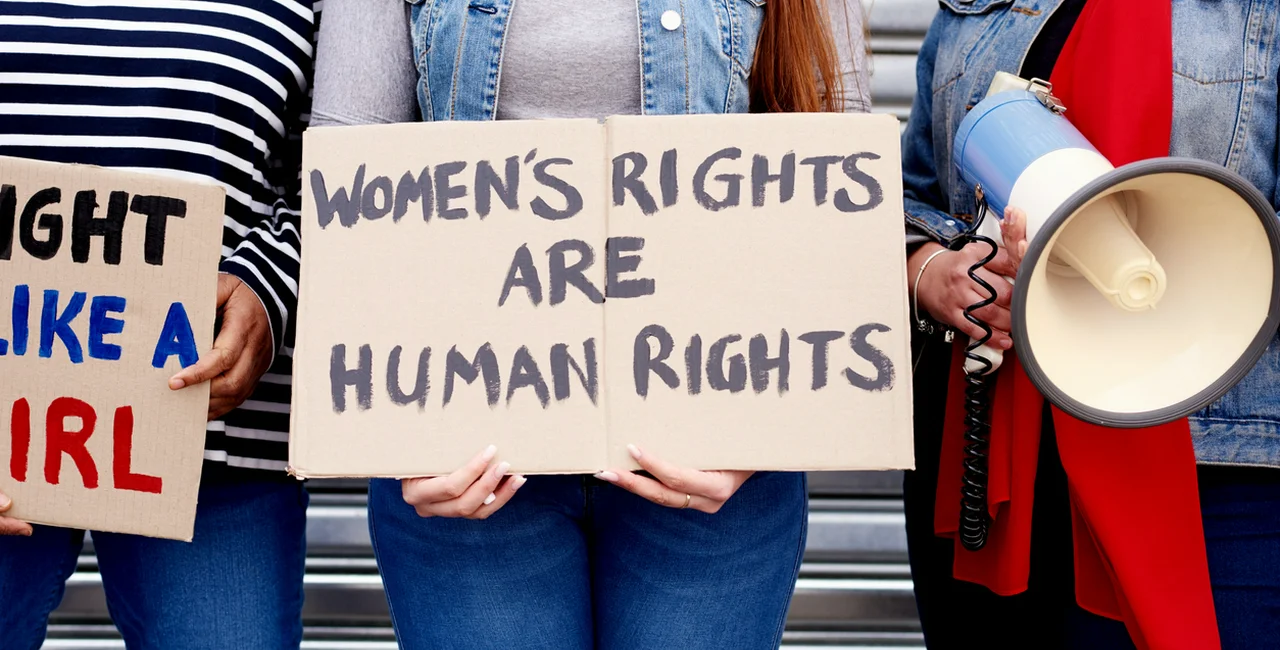Four Czech ministries have expressed their wishes to postpone Czechia’s ratification of the Istanbul Convention, claiming that more talks need to be held and unanimous agreement reached.
The Agriculture, Environment, Labor, and Culture Ministries all asked for a one-year delay in discussing Czechia’s role in the Council of Europe's Convention on Preventing and Combating Violence Against Women – better known as the Istanbul Convention. Three of the four ministries are led by members of the Christian Democrats party (KDU-ČSL).
PARTNER ARTICLE
what does the convention do?
The Istanbul Convention aims to defend women against violence via four key pillars – prevention, protection, prosecution, and coordinated policies. Nations are committed not only to enacting measures against violent attacks, but also to allocating money to help victims as well as training medics, the police, and judges.
The reasons cited for the proposed postponement were to get more time “to find sufficient political agreement,” and because the convention affects Czech churches and religious groups.
At the beginning of 2022, Czechia also called for a one-year delay in discussions on the country ratifying the Istanbul Convention. The reasons given then are essentially the same as now.
Over one-fifth of women in Czechia over 15 years old have experienced physical and/or sexual violence from a partner. A 2020 poll found that 85 percent of Czechs consider domestic violence a serious and substantial problem, while about 5 percent believed the issue was exaggerated.
The ministers calling for the delay believe that ratification of the convention deserves detailed political discussion due to the “sensitive character of the matter.” KDU-ČSL leader Marian Jurečka also pointed out that a clearer Czech legal definition of rape needed to be discussed.
The departments who are calling for more time to discuss the treaty are uncomfortable with Czechia prosecuting forced marriage and forced abortion in countries where the offenses are not technically illegal. Some ministers also oppose Czechia prosecuting people without Czech citizenship who commit offenses abroad.
Czechia signed the convention in 2016, but it must be ratified by the Chamber of Deputies and the Senate, as well as President Petr Pavel, before it properly comes into effect. Czechia is one of the last six EU countries not to have ratified the convention so far, along with Slovakia, Hungary Lithuania, Latvia, and Bulgaria.













 Reading time: 2 minutes
Reading time: 2 minutes 


























